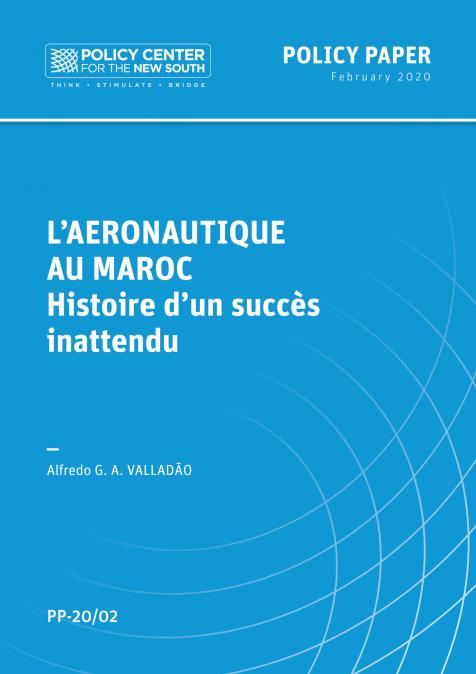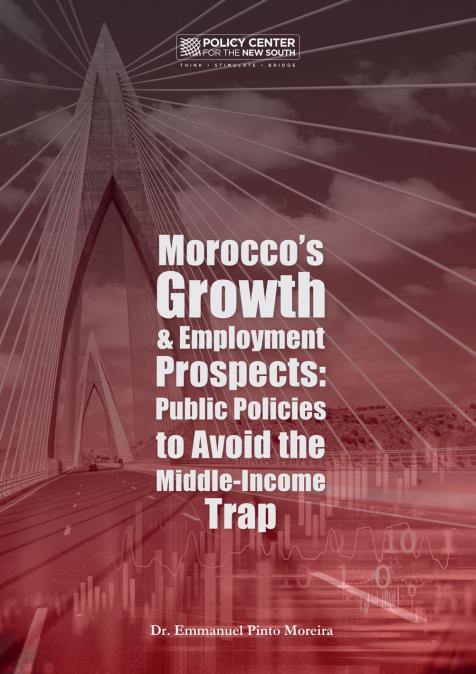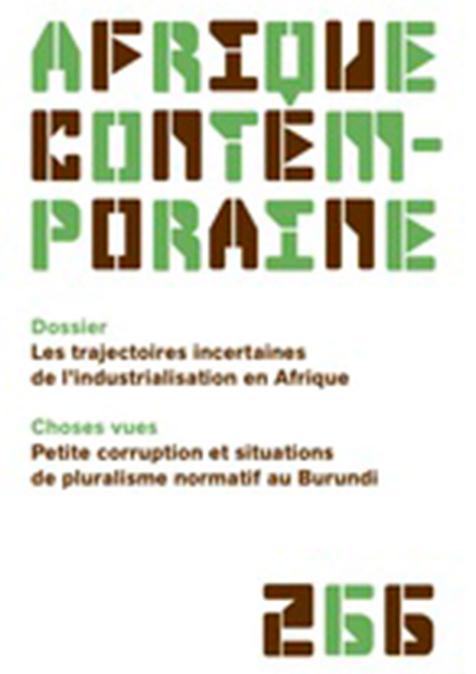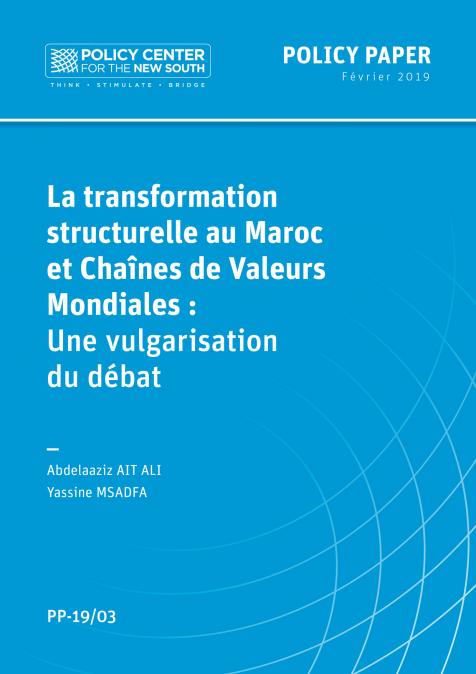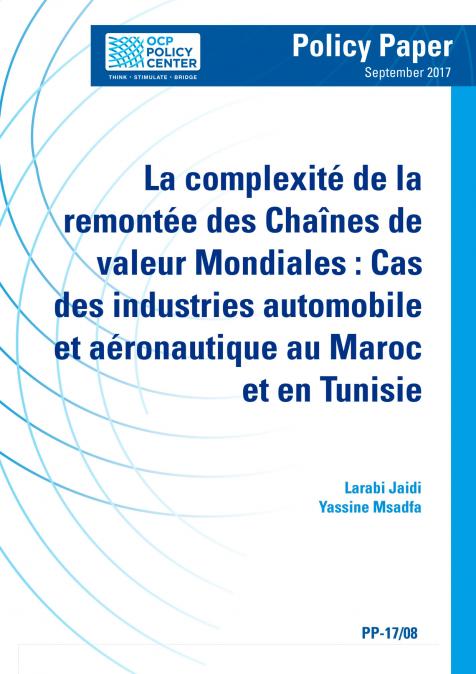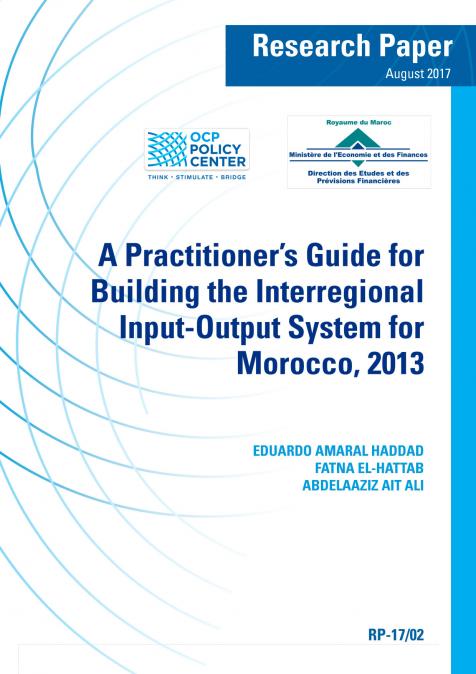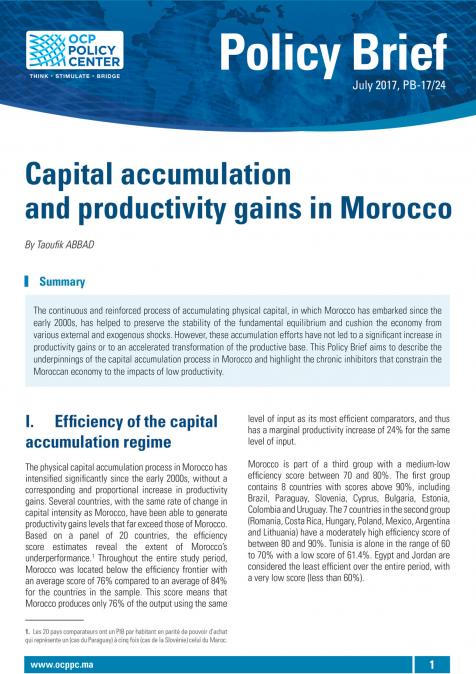تتناول هذه الحلقة موضوع تعويم نظام الصرف في المغرب وتأثيراته الاقتصادية، حيث نعرض تاريخ نظام الصرف في البلاد والأسباب التي تدفع نحو تبني هذا الخيار في 2026. نناقش تأثير التعويم على الواردات والصادرات وعلى القدرة الشرائية للمواطنين، مع التركيز على التحديات التي قد يواجهها الاقتصاد المغربي نتيجة لهذه الخطوة. بالإضافة إلى ذلك، نبحث كيف سيؤثر هذا القرار على الأسواق المحلية وعلى العلاقات التجارية بين المغرب ودوله الشريكة
Speakers

Abdelaaziz Ait Ali
Head - Research in Economics
Abdelaaziz Ait Ali is a principal Economist and head of the Research Department at the Policy Center for the New South. He joined the Center in 2014 after five years of experience at the Central Bank of Morocco. He worked as an economist in the International Studies and Relations Department and was analyzing the real estate price index and financial asset prices for monetary policy and financial stability purposes. Since then, Abdelaaziz has focused on cyclical and structural issues of the Moroccan economy, including macroeconomic management and industrial policy design. He has published articles on the reform of the exchange rate regime in the Moroccan economy and its implications for macroeconomic regulation, as well as on the evolution of the macroeconomic framework over th ...
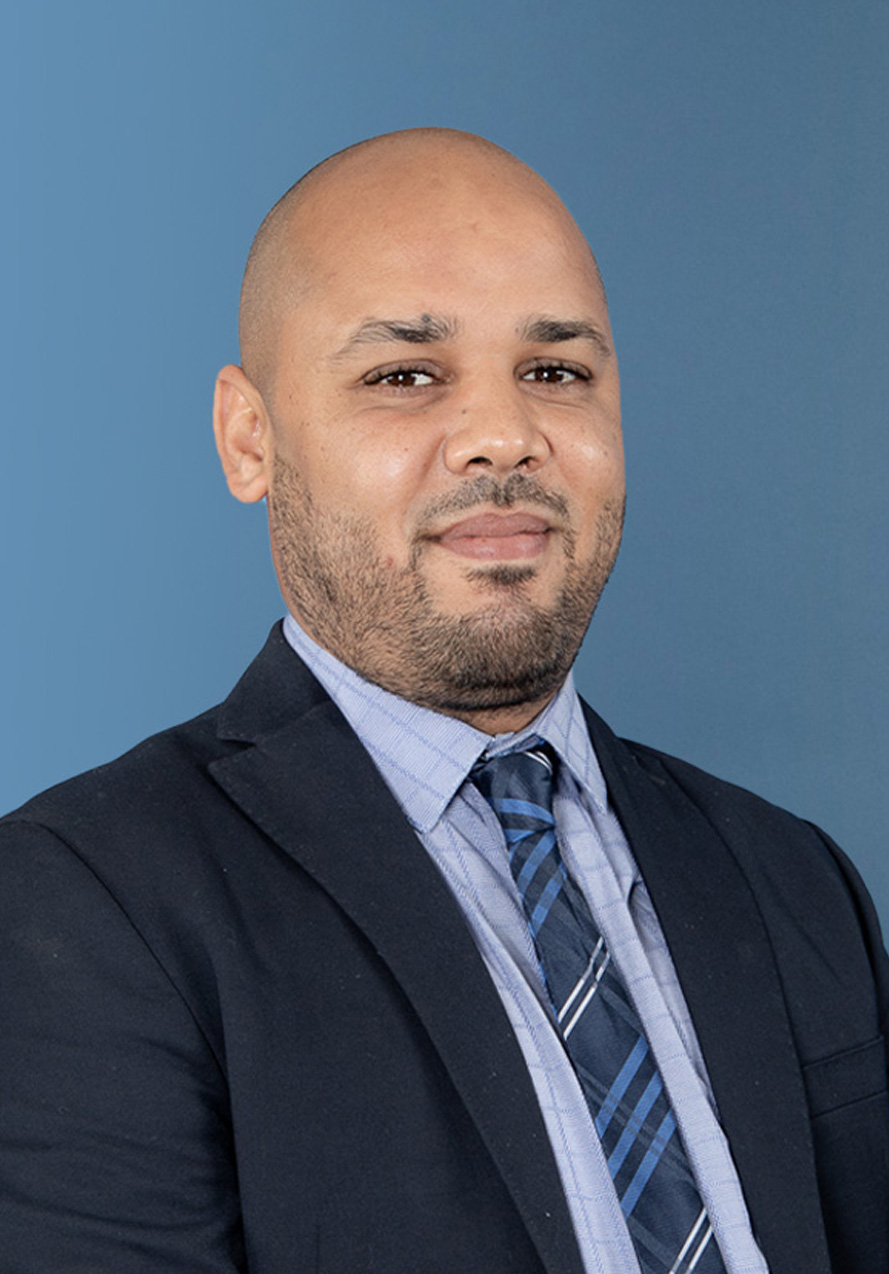
Tayeb Ghazi
Senior Economist
Tayeb Ghazi is Senior Economist at the Policy Center for the New South (PCNS). He is also a member of the Social and Solidarity Economy Research Group at Cadi Ayyad University and holds a master's degree in applied finance from the same university. He is currently working on topics related to labour market, education, migration and some aspects of international trade in developing countries.
...

